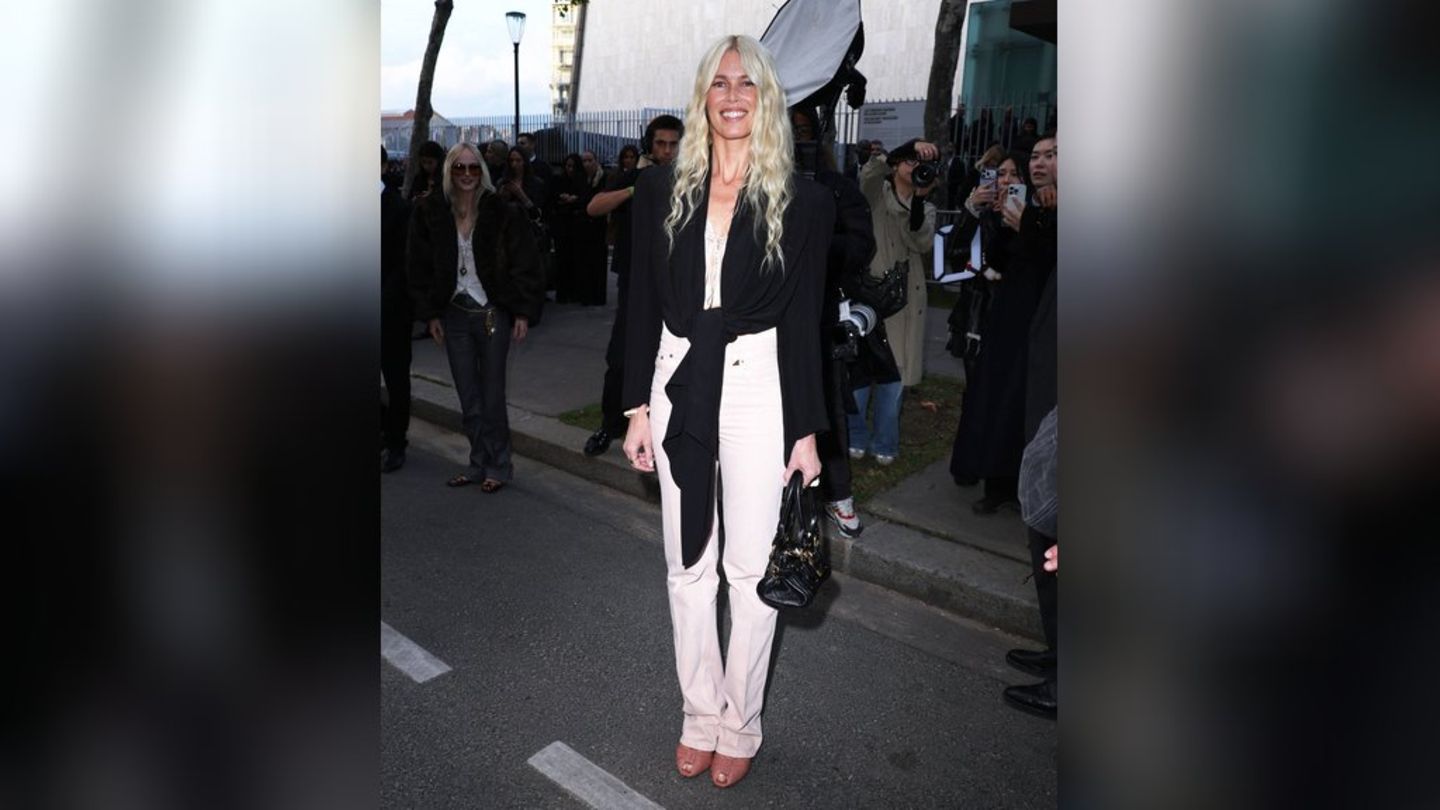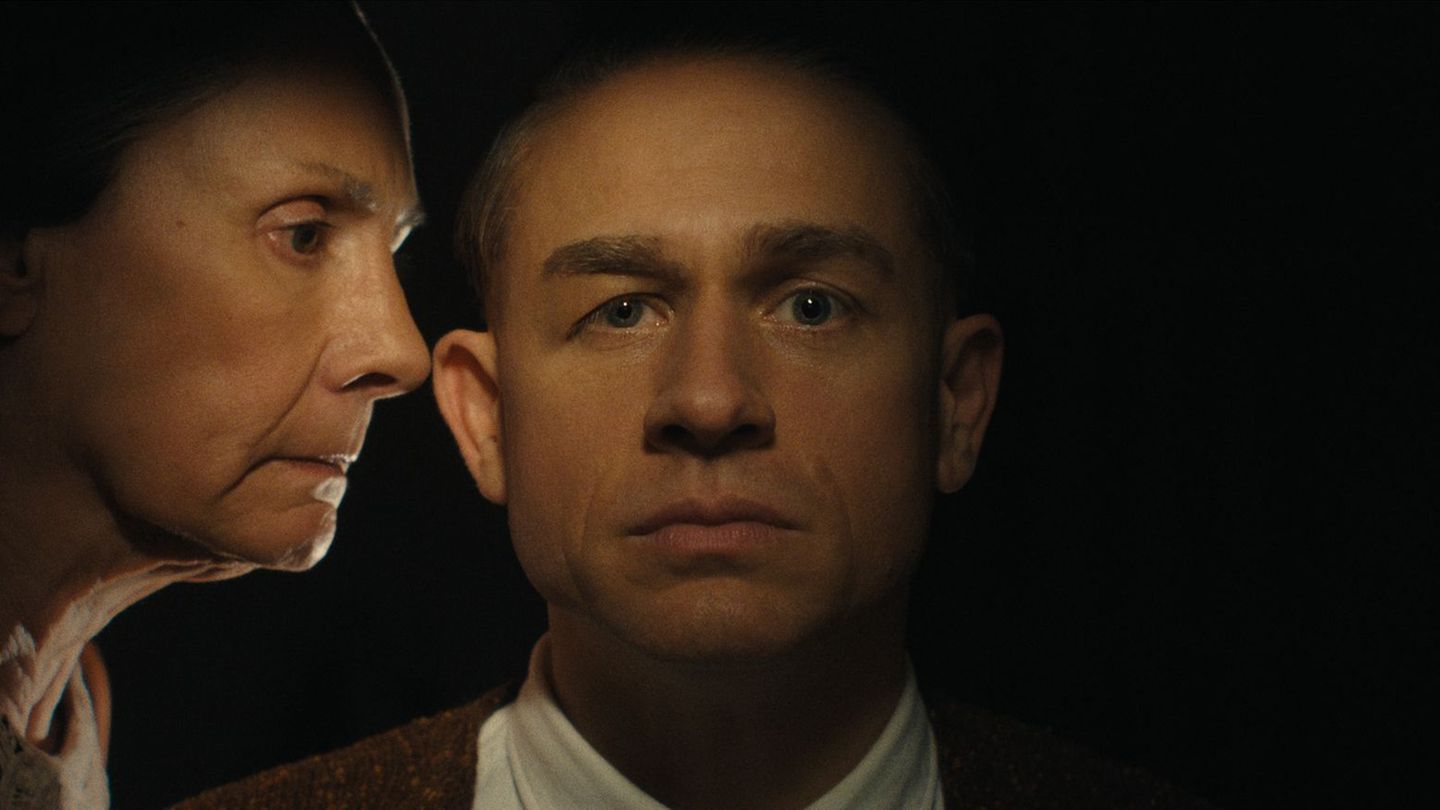The first foreign trip of the new Chinese Prime Minister Li Qiang leads first to Germany. His goal is to deepen the cooperation – especially economically.
China wants to use the government consultations with Germany to deepen cooperation and overcome differences. After the arrival of the ten-strong Chinese government delegation in Berlin, Prime Minister Li Qiang advocated exploiting potential for cooperation and enriching the content of the strategic partnership between the two countries.
“Today’s world is in a new phase of change and chaos,” Li said in a statement released by the Chinese embassy. “Especially in times like this, it is all the more necessary that the people in China and Germany uphold the tradition of friendship.”
Reception at Bellevue Palace
At the start of his visit to Germany, Li was received by Federal President Frank-Walter Steinmeier at Bellevue Palace on Monday. It is the new Chinese prime minister’s first trip abroad since he took office in March. He will be accompanied by nine other government representatives who will take part in the German-Chinese government consultations on Tuesday.
The Chinese delegation will remain in the country until Wednesday and, after the political talks in Berlin, will also visit Munich to meet company representatives there. Head of state and party leader Xi Jinping, who is increasingly concentrating power in the huge empire on himself, is not traditionally present at such consultations.
Li hopes for “strong positive signal”
“It will be a journey that will continue our friendship and deepen cooperation,” Li said in a statement released late Sunday night. He hopes for a “strong positive signal for stable international industrial and supply chains as well as world peace and prosperity”.
Chancellor Olaf Scholz (SPD) wants to receive the Chinese Prime Minister for dinner on Monday evening in order to prepare the government consultations. The Federal Government regularly holds such meetings with particularly close partners or with countries that are particularly important to it, such as China, India or Brazil.
The government consultations with China are the seventh since the premiere in Berlin in 2011. Foreign Minister Qin Gang will also not be there: he had to pass because of US Secretary of State Antony Blinken’s visit to Beijing.
Scholz expects “very important working meeting”
In his own words, Scholz expects a “very important working meeting”. It is the right time and there is a world situation in which it makes particular sense to exchange ideas with one another, he said a few days ago. The main topic will be the fight against climate change and the associated restructuring of the economy. But it should also be about the Russian war of aggression against Ukraine, in which China, with its special envoy Li Hui, is trying to mediate and is pushing for negotiations.
The federal government sees China as a partner, competitor and systemic rival. “We see that the elements of rivalry and competition have increased in recent years,” says the national security strategy that was approved by the cabinet last Wednesday. In addition to the restriction of civil liberties and the treatment of minorities in China, Germany is particularly concerned about the country’s aspirations to become a great power in the Indo-Pacific region.
Beijing criticizes security strategy
The German security strategy met with clear criticism in China. Building international relations “by regarding others as competitors, rivals or even adversaries and turning normal cooperation into security and political issues will only push our world into a whirlpool of division and confrontation,” said Foreign Ministry spokesman Wang Wenbin.
The federal government intends to present a special China strategy in the next few weeks. Scholz was already in China last November for his inaugural visit – as the first western head of government after the party conference of the Chinese Communist Party, where the president consolidated his power.
Source: Stern
I have been working in the news industry for over 6 years, first as a reporter and now as an editor. I have covered politics extensively, and my work has appeared in major newspapers and online news outlets around the world. In addition to my writing, I also contribute regularly to 24 Hours World.




